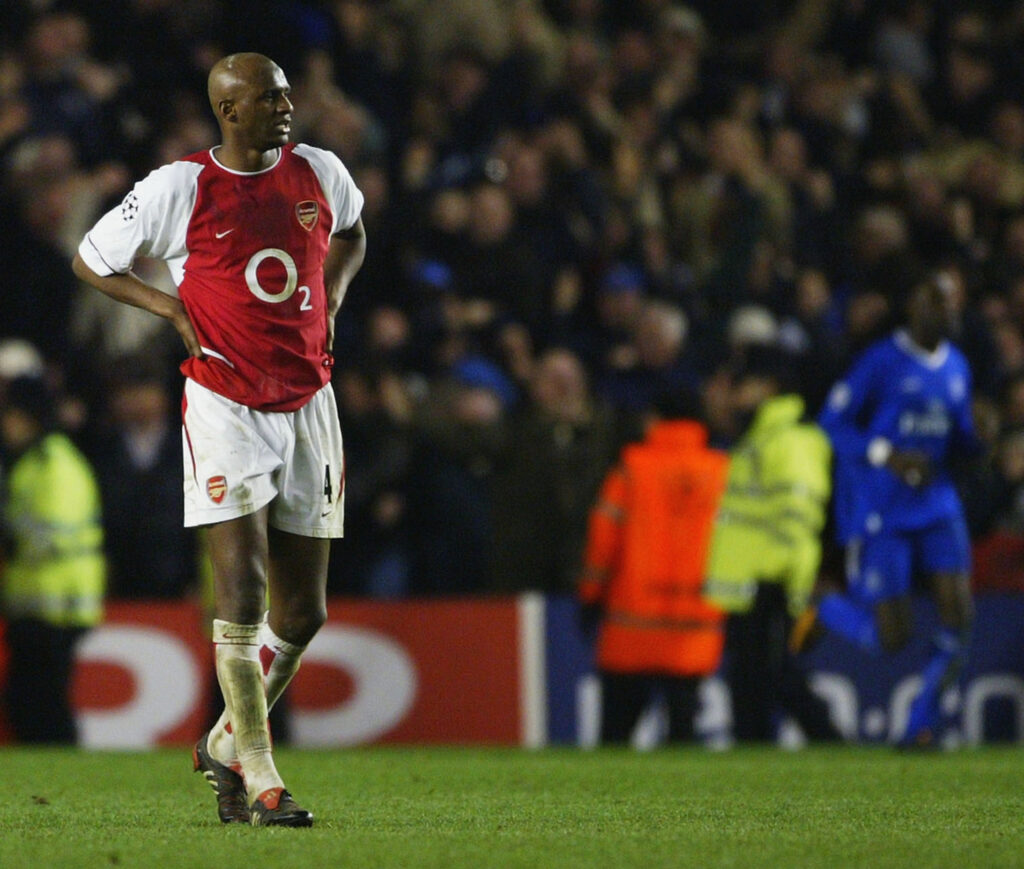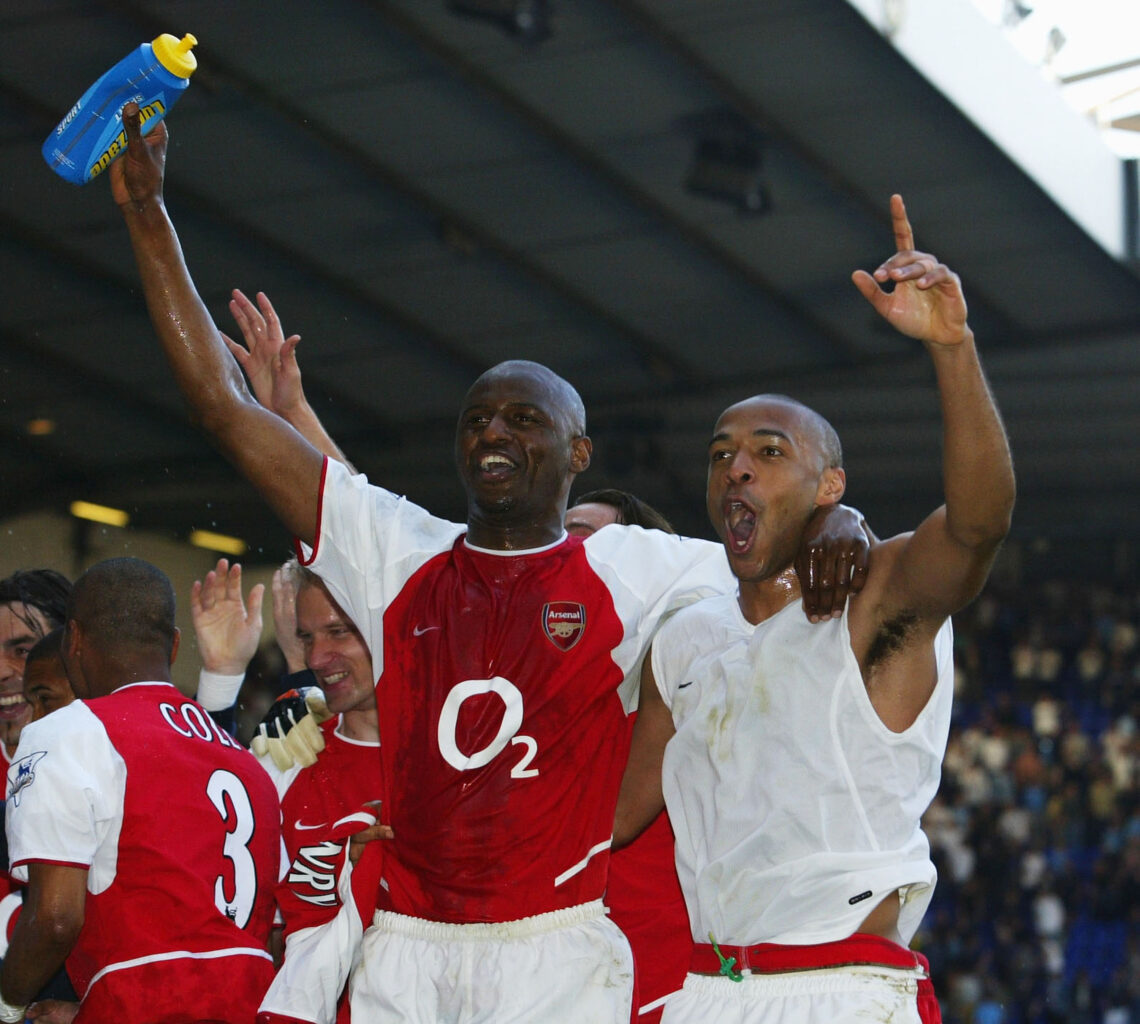Footballers from Patrick Vieira to Real Madrid’s stars have turned to Vicks Vaporub, believing it enhances breathing and performance.
But does it actually work? Science suggests the effect is more illusion than impact, yet the ritual persists in football’s elite.

The sight of Patrick Vieira stepping onto the pitch with Vicks Vaporub smeared across his chest became a defining image of his time at Arsenal.
More than a decade later, the ritual resurfaced among Real Madrid players, who had physiotherapists apply the ointment before matches, even rubbing it onto their shirts to prolong its effects.
The stated aim? To “facilitate breathing” and enhance physical performance.
But does it actually work?
The science suggests otherwise.
A review published in Apunts: Physical Education and Sports examining nasal dilators – another method used to “improve” airflow in athletes – concluded that such interventions “do not imply improvements in oxygen consumption, ventilation, carbon dioxide production and the perceived exertion index during the performance of the sports activity.”
The same principle applies to Vicks Vaporub. The menthol vapours do not actually expand airways or increase oxygen intake, but they do stimulate sensory receptors in the brain, creating the illusion of easier breathing.
Dr. Del Cuvillo, an expert in respiratory function, explains: “It provides a sensation of good breathing, but not because it increases our capacity, but because the specific sensors that inform the brain of a good or bad breath, when these menthol vapours are applied, are stimulated. They are also tactile sensors, between temperature and pressure (the one exerted by the band-aid, for example), and what the brain receives is the information that the air is cooler.”
Despite the lack of proven physiological benefits, the placebo effect cannot be ignored.
The ritual of applying Vicks Vaporub before a match could offer psychological reassurance, an edge in high-pressure moments. Athletes are creatures of habit, and whether it’s taping socks a certain way or stepping onto the pitch in a specific order, these pre-match superstitions can reinforce confidence and focus.
So, while Vicks Vaporub won’t make a footballer run faster or breathe deeper, it might still serve a purpose. In a sport where margins are razor-thin, the belief in an advantage, whether real or perceived, can sometimes be enough.
